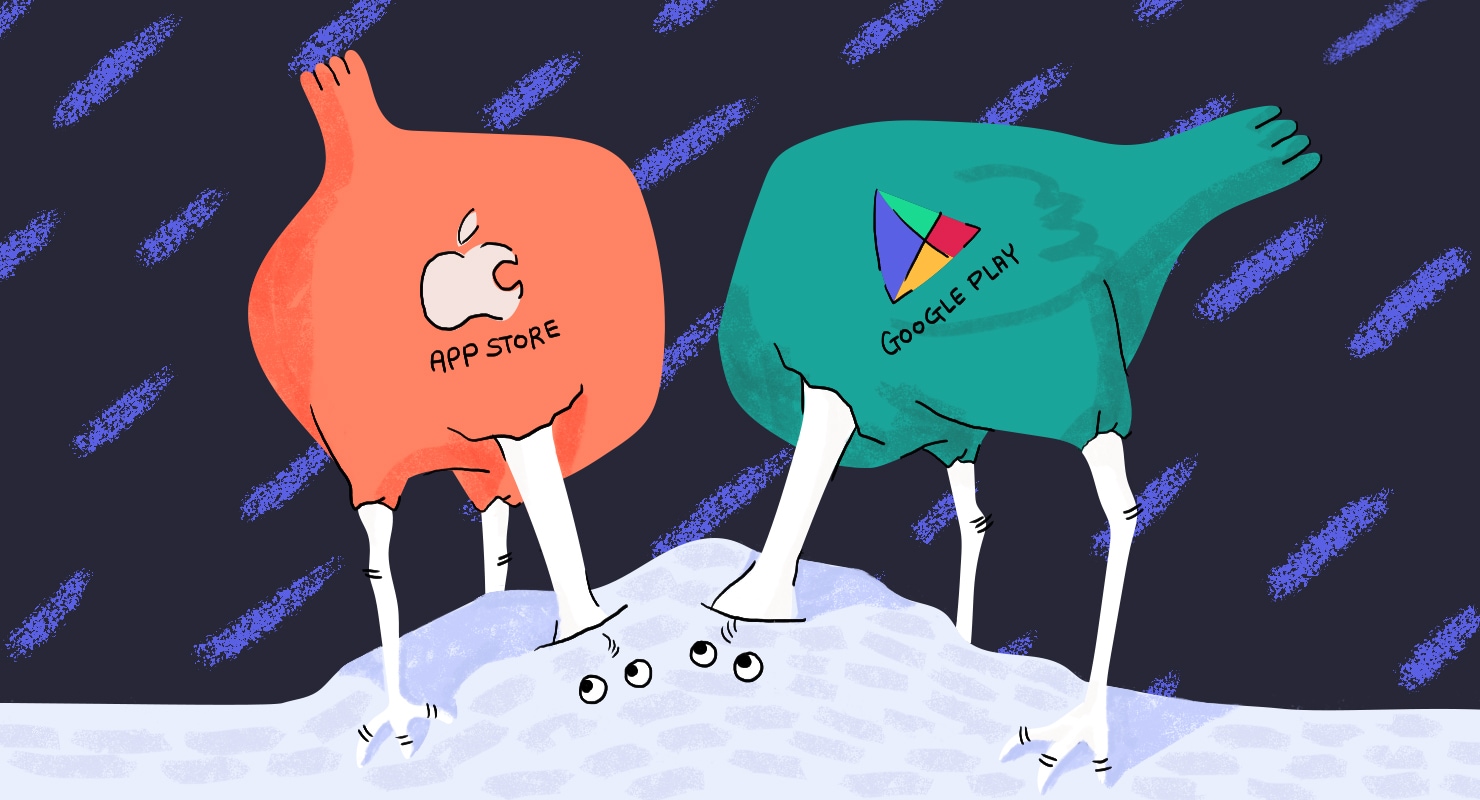Introduction
Demand for free mobile VPN apps is accelerating at breakneck pace, driven by increasingly-frequent internet shutdowns and surveillance around the world.
Incredibly, the same number of free Android VPNs and free iOS VPNs have been downloaded (from official sources) since the start of 2019 as had been downloaded in total up to that point, our research shows.
We published two free VPN investigations in late 2018/early 2019 to investigate this growing phenomenon.
Our reports shared highly disturbing discoveries about both the nature of the companies profiting from this surge in VPN demand and the quality of the VPN service they are providing.
Several months after these reports were published, neither Google nor Apple had acknowledged the widely-reported findings.
In the hope of prompting them into action, we emailed the two companies detailed updates on our findings. This advice showed them exactly which VPNs from each investigation in their respective app stores still posed a risk to consumers and formally requested action to reduce that risk.
We advised Apple and Google that:
- 77% of VPNs flagged as potentially unsafe in our Free VPN Ownership report still pose a risk
- 90% of VPNs identified as potentially unsafe in our Free VPN Risk Index still pose a risk
We wanted to make it as easy as possible for Apple and Google to fix the problem, so our written notices included:
- Detailed lists of the potentially unsafe VPN apps
- Links to the relevant parts of our research
- Links to the relevant listings on the app stores
- Recommendations of what steps to take to improve the situation
- An offer to share our VPN expertise to help set appropriate minimum standards
Google and Apple simply ignored our warnings.
This report makes public the current situation with free VPN apps in the App Store and Play.
Our goal is two-fold:
- to help the public avoid risking their privacy
- to put more pressure on Apple and Google to act.
The main body of this report has four chapters as follows:
- VPN Ownership Investigation: summary of updated and original findings. Jump to chapter.
- VPN Ownership Investigation: current status of individual VPN apps. Jump to chapter.
- VPN Risk Index: summary of updated and original findings. Jump to chapter.
- VPN Risk Index: current status of individual VPN apps. Jump to chapter.
